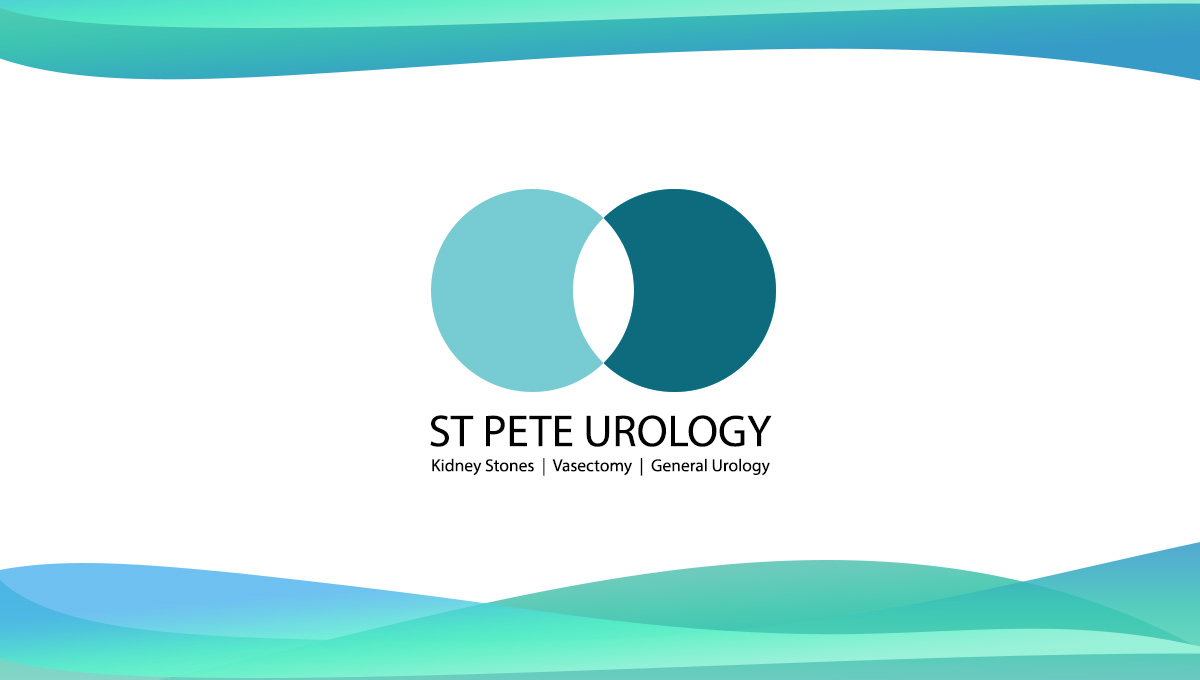As Americans across the country get together with family and friends every fourth Thursday in November to give thanks for all that is good in their lives, most kidney disease patients do so while mindful of their health. And since Thanksgiving Day is also full of food, from turkey to potatoes and to various juices, kidney disease patients are all too aware of the potential damage that holiday foods can have on their lives, including worsening their symptoms. For instance, the holiday fare may be full of salted foods, increasing the level of sodium in the body beyond the limits for kidney patients.
To enjoy Turkey Day to the fullest, kidney disease patients such as those with kidney stones have to look for kidney-friendly foods. Observing certain diet restrictions can ensure that they enjoy themselves without harm to their kidney functions or making their illness worse. So what should you eat or not eat on Thanksgiving Day if you have renal problem?
Generally, the diet principles for kidney patients are high-fiber, high-vitamin, low-salt, low-potassium, low-protein, low-fat and low-phosphorous. Here are some suggestions that can help kidney patients enjoy themselves on Thanksgiving Day without worsening their symptoms or harming their kidney functions.
1. Popular dishes
Turkey is the most common food on Thanksgiving Day but renal patients should opt for natural fresh or frozen turkey. The turkey should be prepared with low-salt broth and salt-free rub. Basted turkey which typically contains too much salt must be avoided. Other popular dishes include green beans, sweet potatoes, celery, parsley, cauliflower and cranberry, which are all good foods for renal patients. However, sweet potato contains a lot of potassium, so its intake should be limited. Pecan pie, apple pie and pumpkin pie are popular and delicious Thanksgiving desserts, but renal patients should minimize their intake.
2. Best drinks
Pure water is the ideal drink for renal patients on Thanksgiving Day. However, those who do not want to drink water can have apple juice and cranberry juice. If you are experiencing fluid retention, often characterized by swelling and edema, then reduce the amount of fluid you take. Avoid alcoholic beverages because too much alcohol can damage your liver and elevate your blood pressure. Likewise, drinks containing caffeine such as strong tea and coffee should be avoided.
3. Increase your calcium, fiber and vitamin intake
If possible, increase the amount of fiber, vitamin and calcium in your Thanksgiving diet because they are good for your health. However, you should limit the intake of excitant and spicy foods and avoid high-fat foods such as spicy chicken wings. Also reduce the quantity of meat in your diet as it may increase your kidney’s burden and elevate your BUN and creatinine levels.
4. Avoid salted foods
Salt contains high quantity of sodium, which is harmful for the kidney. For instance, high quantities of sodium in the diet elevate blood pressure and trigger fluid retention, which is a very common problem in people with kidney disease. Therefore, if you have kidney disease you should avoid salted foods on Thanksgiving Day.
5. Pay attention to your protein intake
For those with early-stage kidney disease, protein intake should be limited to 0.6-0.8 gram per kilogram body weight per day. But if the disease has advanced, the protein intake must be reduced significantly to just 0.2-0.4 g/kg/d. For patients on dialysis, protein intake should be increased to 1.2 g/kg/d because some protein may be lost during dialysis. On Thanksgiving Day, high quality protein such as fish, lean meat and egg whites are recommended.
6. Monitor your potassium level
If the disease has damaged the kidney, potassium level in your blood will easily increase, so you should closely monitor your potassium level and be very careful with your potassium intake. You should avoid foods with high potassium content such as white beans, banana, salmon, white mushroom, nuts and avocados.
While it is not easy to live with kidney disease, prompt treatment and lifestyle changes can significantly improve your quality of life. As you join the rest of your family at the dining table to celebrate Turkey Day, make sure to use the above diet suggestions to avoid any detrimental effects the foods you consume may have on your health. If you have questions or something is unclear, be sure to speak with your urologist about it. At St Pete Urology, we have a team of highly-qualified and experienced urologists to help you overcome your kidney problem. For more information, visit the “St Pete Urology” site.

